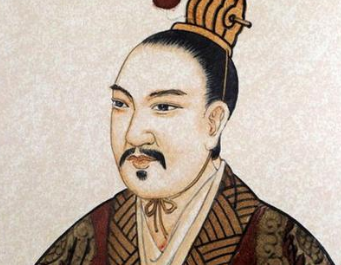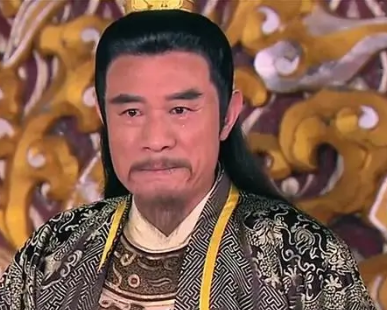In the long history of China, the alternation of every dynasty has been accompanied by power struggles and complex political battles. The Han Dynasty was no exception, and the deposition of Liu Qing, the Prince of Qinghe, was a typical example. So, why was Liu Qing deposed? This article will provide a detailed analysis based on historical materials.

Liu Qing was the eldest son of Emperor Xuan of Han and his mother was Queen Wei. However, despite being the eldest son, his mother was not the emperor's official wife, putting him in an extremely disadvantageous position in the succession to the throne. In ancient China, there were strict regulations for imperial succession, usually involving the emperor's eldest son from his official wife. Therefore, Liu Qing's status disadvantaged him in the competition for the throne.
Moreover, Liu Qing's personality was also an important reason for his deposition. According to historical records, Liu Qing was timid and lacked the dignity and decisiveness expected of an emperor. This made him unable to handle state affairs effectively and earn the support and respect of court officials. Under such circumstances, his position became increasingly unstable.
Lastly, another significant reason for Liu Qing's deposition was the interference of the emperor's relatives in government affairs. During the reign of Emperor Xuan of Han, the power of the emperor's relatives was strong and had a significant impact on court politics. Since Liu Qing's mother, Queen Wei, was one of the emperor's relatives, her influence made Liu Qing's position even more unstable. In the struggles among the emperor's relatives, Liu Qing became a victim.
In summary, there were three main reasons for the deposition of Liu Qing, the Prince of Qinghe: first, his status disadvantaged him in the competition for the throne; second, his personality prevented him from gaining the support and respect of court officials; and third, the interference of the emperor's relatives in government affairs further destabilized his position. The interaction of these three factors ultimately led to Liu Qing's deposition.
However, the truth of history is often more complex than we imagine. The true reasons for Liu Qing's deposition may involve even more political battles and power struggles. Nevertheless, regardless of the truth, it cannot change the fact that Liu Qing was deposed. This is a tragedy and a warning, reminding us to be vigilant against the corruption of power and the greed of humanity.
Disclaimer: The above content is sourced from the internet and the copyright belongs to the original author. If there is any infringement of your original copyright, please inform us and we will delete the relevant content as soon as possible.
































